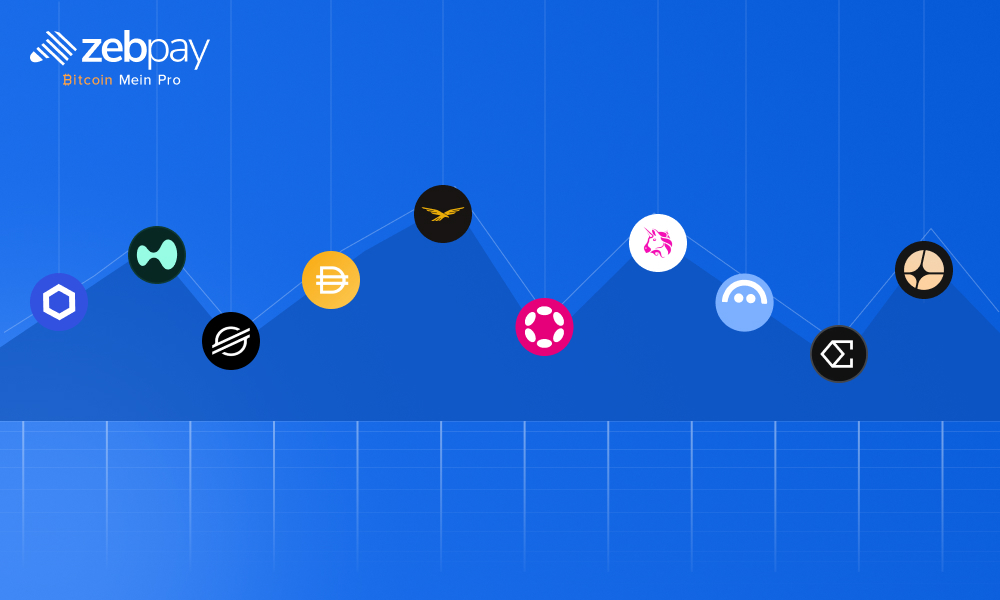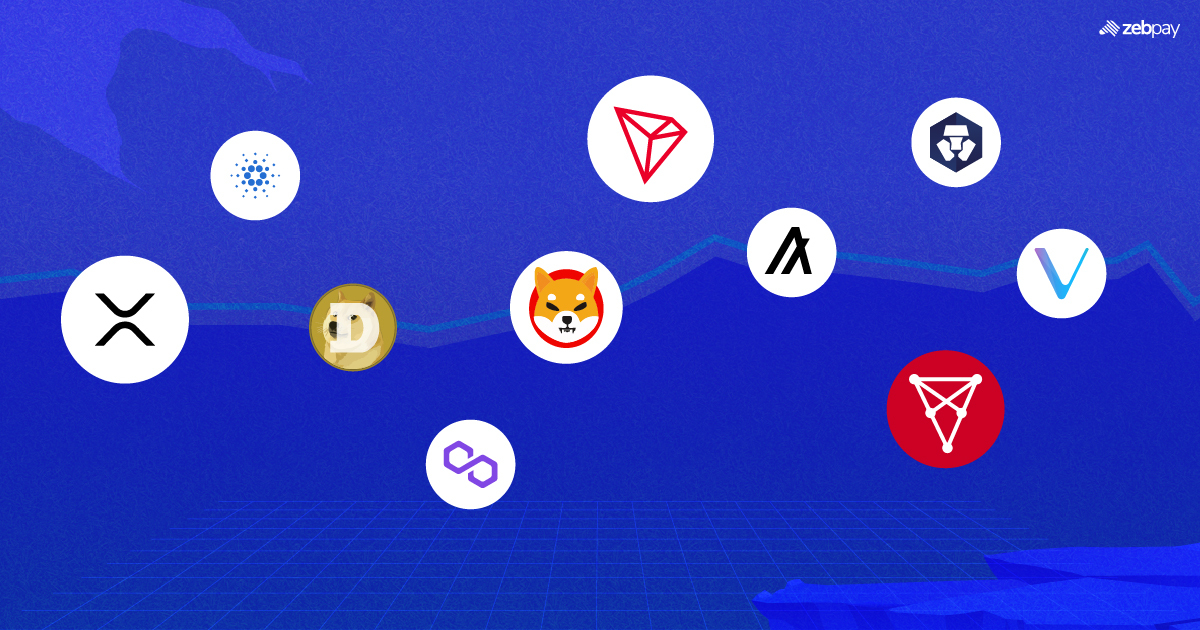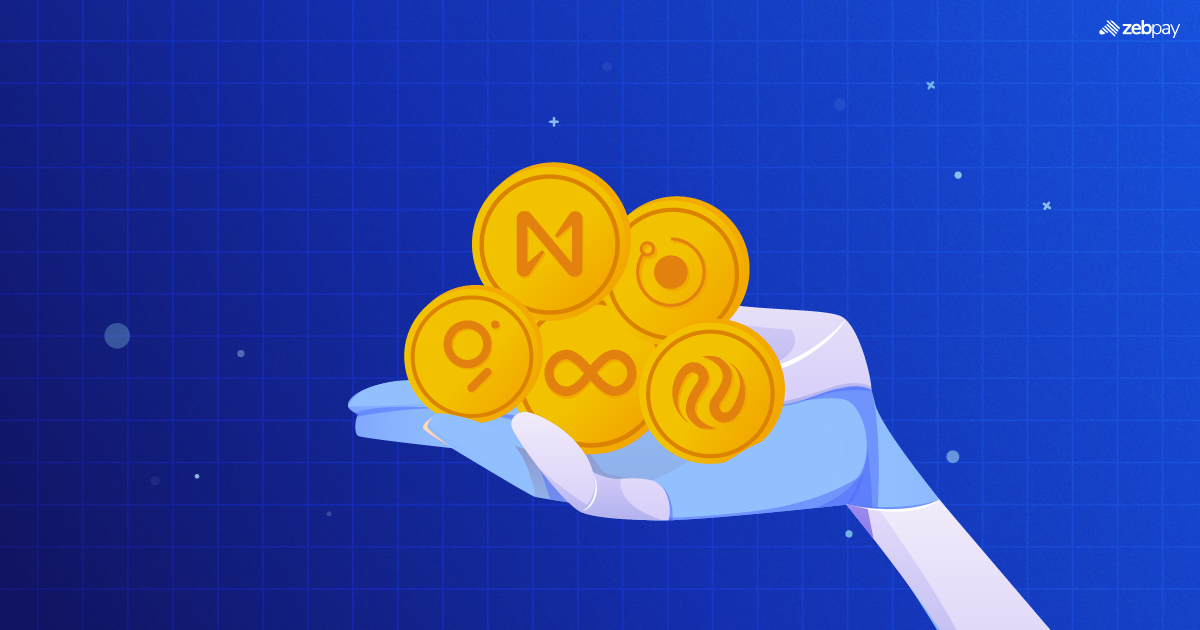The crypto ecosystem today offers a vast range of tokens, each designed for different use cases — from enabling faster digital payments to powering immersive metaverse experiences. Among these varied offerings, privacy and anonymity remain one of crypto’s most distinctive value propositions. This is where Monero (XMR) stands out. Built as a privacy-first crypto asset, Monero is designed to keep users and their transactions fully anonymous through advanced cryptographic techniques. This strong focus on privacy has recently translated into renewed market interest, with Monero recording a new all-time high in January 2026, which stood at around $715, as per CoinMarketCap, highlighting growing demand for privacy-centric digital assets amid increasing scrutiny across the crypto space.
Why is Monero Important?
Monero’s importance lies in the fact that privacy and security are prioritised above all else, even ahead of convenience or speed. From its design to its execution, Monero is built to ensure that transactions remain confidential by default. Unlike many popular crypto assets such as Bitcoin and Ethereum, Monero integrates advanced privacy features that make transaction details opaque and untraceable.
The Bitcoin blockchain, for instance, is fully transparent and publicly accessible. While wallet addresses are pseudonymous, transaction histories, values, and public keys can be analysed and traced over time. Monero takes a fundamentally different approach. By masking critical transaction data — including the sender, receiver, and amount — Monero ensures that transactions cannot be linked back to individuals, offering a level of financial privacy that few other digital assets provide.
Also Read: Blockchain vs Cryptocurrency
Principles of Monero
Security
All users should be able to transact with Monero without the fear of errors. All transactions must also be cryptographically secure and protected. To bolster this security, all block rewards are given back to miners. Miners enable the chain to operate securely by verifying genuine transactions.
Privacy
The level of privacy Monero provides is available to anyone, regardless of their comfort with technology. Monero believes it must be capable of protecting its users in a court of law. Therefore, no user should need to change their spending habits for the risk of being found out.
Decentralisation
Monero research and development are carried out all over the world through collaboration. The process of updating the token and adding more features is done with full transparency. These updates are also open to discussion in the community. Finally, its proof of work algorithm tries to distribute rewards fairly, without requiring special mining equipment.
How Does Monero Work?
There are two main technologies used by Monero to fulfil its privacy-first transactions:
RingCT
This stands for Ring Confidential Transactions. Added to Monero in 2017, it is an updated version of Ring signatures. This allows for transactions to be encrypted. Only the receiver and the sender have access to the value of the transaction. Ring signatures also create multiple decoy senders, preventing transactions from being linked back to them.
Stealth Addresses
These are one-time addresses for every transaction. The sender is required to generate a random address for the recipient on each transaction. This enables the recipient to receive the tokens in any wallet while having all incoming transactions display a random address.
Apart from these two technologies, the project also uses “randomx”. This is a proof of work algorithm that resists mining-specific equipment like ASIC units. It instead favours the CPU of your computer to perform computation.
Also Read: What is Tokenomics and How Does it Work?
Monero Price
At the time of writing, Monero (XMR) is trading at around $700.50, with a market capitalisation of approximately $12.91 billion. The token has recorded a 24-hour trading volume of nearly $464.51 million, while its total supply stands at about 18.44 million XMR.
Advantages of Monero
Unique Offering
Monero is the only widely used coin that is private by default. Unlike other options, such as Zcash, Monero’s privacy-protecting features are enabled automatically. They must be disabled manually to make transactions semi-transparent.
Most Private
No other crypto token offers the same level of privacy features that Monero has. With its RingCT and stealth addresses, it is virtually impossible to trace transactions with Monero. However, someone who can break the layers of privacy will still be able to track your transactions.
Decentralised Ecosystem
From the future of the platform to its rewards, everything is highly decentralised. Rewards are distributed fairly by resisting specialised mining gear. Additionally, all development and voting happen with collaboration and input from the community.
Also Read: The Decentralized Ecosystem
Disadvantages of Monero
Illicit Activities
Monero is currently the largest “privacy coin”. A problem that plagues all privacy coins is their use by criminals for illicit activities. While the target audience may be users who are concerned about their privacy, Monero’s features also make it an attractive option for payments in criminal activities.
This has led to a lot of regulatory hurdles for Monero, as some countries have imposed bans on privacy coins. Australia and South Korea do not allow crypto exchanges to list these coins, while Japan has banned their use entirely. The Federal Bureau of Investigation in the US also offers bounties for breaking Monero’s privacy features.
Lack of Acceptance
Owing to the possibility of legal troubles, many businesses that accept crypto tokens do not transact in Monero. Therefore, most Monero transactions are peer-to-peer.
Also Read: P2P Stablecoin Pegged to Renewable Energy
Not 100% Secure
While there are a lot of privacy features built-in, Monero is not 100% untraceable and many businesses offer tracing services. This tracking usually occurs when converting Monero into other crypto tokens or back into cash. Therefore, privacy may not extend beyond the Monero ecosystem.
Final Thoughts
Monero remains a divisive crypto asset because it places privacy and anonymity at the core of its design. As the most widely used privacy coin, it offers strong transaction confidentiality that appeals to users seeking financial privacy and resistance to surveillance. However, this same feature has made many businesses, institutions, and regulated exchanges hesitant to support it, as Monero’s built-in obscurity conflicts with global AML and compliance standards. Its perceived and real associations with illicit activities have also drawn sustained scrutiny from law enforcement and regulators, leading to delistings, restrictions, and proposed bans in certain jurisdictions. Ultimately, Monero’s long-term performance will hinge on how strongly users continue to value its privacy-first proposition and how effectively it can endure regulatory pressure without being pushed out of mainstream financial infrastructure.
In the grand scheme of things, ZebPay blogs are here to provide you with crypto wisdom. Get started today and join 6 million+ registered users to explore endless features on ZebPay!
FAQs on Monero (XMR)
What makes Monero different from other crypto assets like Bitcoin and Ethereum?
Monero is built with privacy by default, unlike Bitcoin and Ethereum, where transaction details are publicly visible on the blockchain. Monero automatically hides the sender, receiver, and transaction amount using advanced cryptographic techniques, making transactions untraceable without requiring any manual settings from users.
How does Monero ensure transaction privacy?
Monero uses technologies such as Ring Confidential Transactions (RingCT) and stealth addresses. RingCT encrypts transaction amounts and mixes the sender’s details with decoys, while stealth addresses generate a one-time address for every transaction, preventing transaction histories from being linked to a single wallet.
Why has Monero gained renewed market interest recently?
Monero’s strong focus on privacy has driven renewed demand amid increasing regulatory scrutiny across the crypto space. This growing interest pushed Monero to record a new all-time high of around $715 in January 2026, highlighting the continued relevance of privacy-centric digital assets.
Why is Monero controversial despite its strong privacy features?
Monero’s anonymity has made it attractive to users seeking financial privacy, but it has also been associated with illicit activities. As a result, many regulated exchanges and businesses are reluctant to support it, leading to delistings, regulatory restrictions, and heightened scrutiny from authorities in several countries.
Is Monero completely untraceable and secure?
While Monero offers one of the highest levels of privacy in the crypto ecosystem, it is not 100% untraceable. Certain tracing methods may be applied when XMR is converted into other crypto assets or fiat, meaning privacy protection is strongest within the Monero ecosystem itself.







